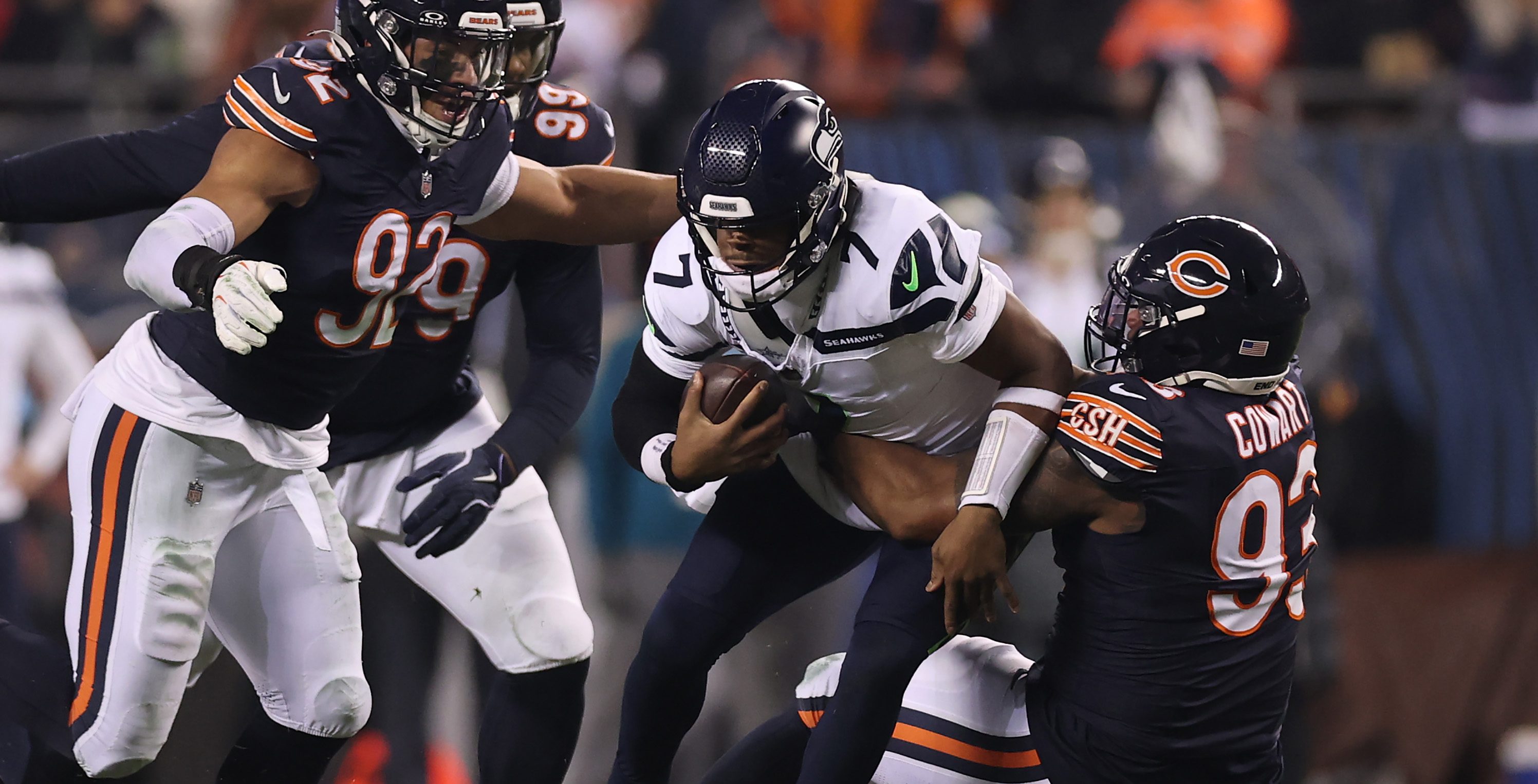About 66,000 times during the coronavirus crisis, consumers nationwide have taken the time to blow the whistle on a COVID-19 related scam. In about half of those reports to the federal government, the targeted consumers did lose money, around $500. That's a bit less than do-gooder Christina Rafidia.
In a world turned upside down by the coronavirus, Rafidia decided she wanted to do some good.
“I was looking to donate N-95 masks to my brother's hospital. He's a resident at one of the Chicago hospitals, and they were short on PPE,” Rafidia said.
So when an ad popped up on her Facebook feed pitching high-grade masks, Rafidia said she was all in, ordering 200 N-95 masks for $615. She told our partners at Telemundo Chicago the first sign of trouble came soon after.
“He told me he was not going to give me a receipt and I said, then I no longer feel comfortable, you know, proceeding with this. Just refund me my money,” Rafidia recalled.
Her conversation with the seller, who identified himself as "Rich Kang," quickly got heated, Rafidia said, and ending with this text:
“get over you own selfish needs ignorance impatience and greed”
“and know you’re getting your bull#@! $615 back.”
Local
Instead of a refund, Rafidia got 50 low-quality paper masks worth about $35. And no sign of Kang, who she said later resurfaced with a new ad and a new name: “ya guy.”
The Federal Trade Commission said COVID-19 fraud cases are on the rise, and thieves are on the move, following the headlines and the money.
“So scammers are often a moving target,” FTC Assistant Director Jason Adler said. “They're pretending to be the government, they're trying to get people's economic impact payments, they're trying to rip off small businesses by saying that they can get business loans when they can't."
Unsuspecting consumers are often caught in the cross-hairs, also falling victim to fraudulent robocalls, bogus treatments and online shopping scams, like Rafidia.
Hoping for an out, Rafidia tried to dispute the charge with her bank, but she learned too late there is little protection using the method she chose, which was mobile payment app Zelle.
“They told me that there was nothing they could do to reverse the transaction because I willingly gave my money through Zelle, and they can't reverse that,” Rafidia said.
A Chase spokesperson confirmed that to NBC 5 Responds, saying it “does not offer a protection program for authorized payments” on the peer- to-peer platform and pointed to a pop-up warning that discloses
“only send money to people you know” and “you will not be able to cancel a sent payment.”
One thing Rafidia might have done to minimize her risk is pay with a credit card, which offers consumers more built-in protections. It was a tough and expensive lesson that gave new meaning to that old saying “no good deed goes unpunished.”
“People are really vulnerable right now,” Rafidia said. “They want to donate to first responders in their area or they just want to help, and I think these criminals know that and they want to take advantage of the situation. And it's just really, really disappointing.”
“Rich Kang” did not respond to our repeated emails for comment.



